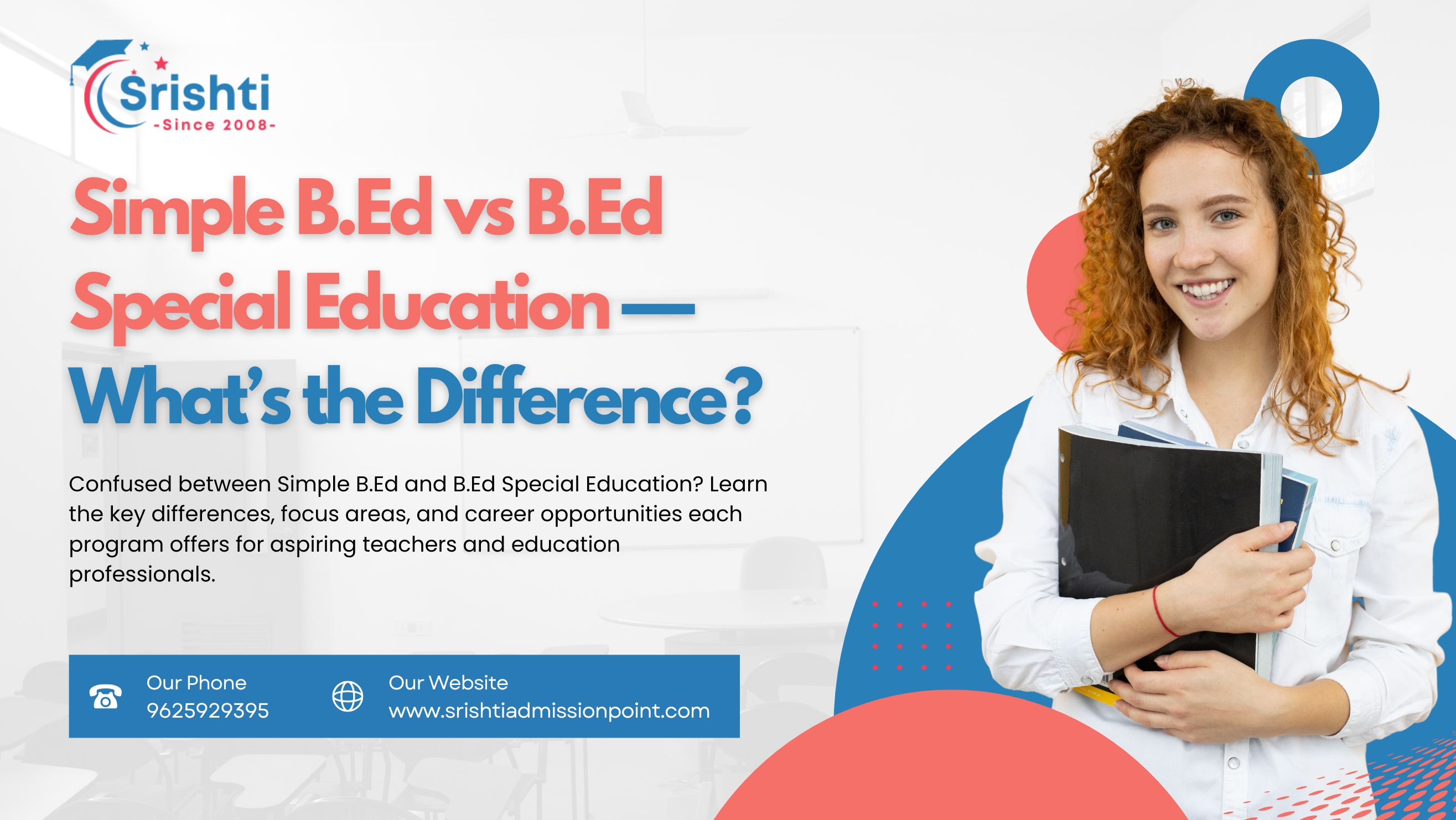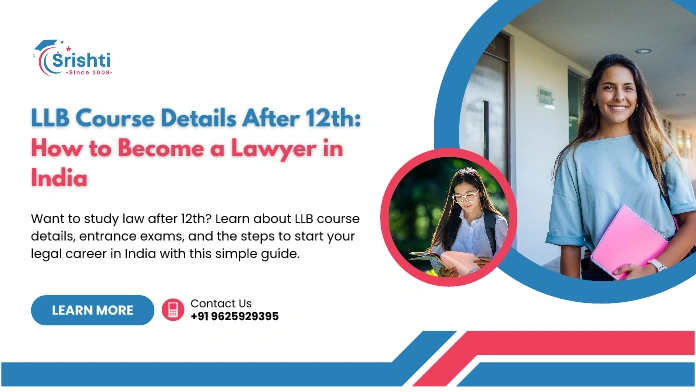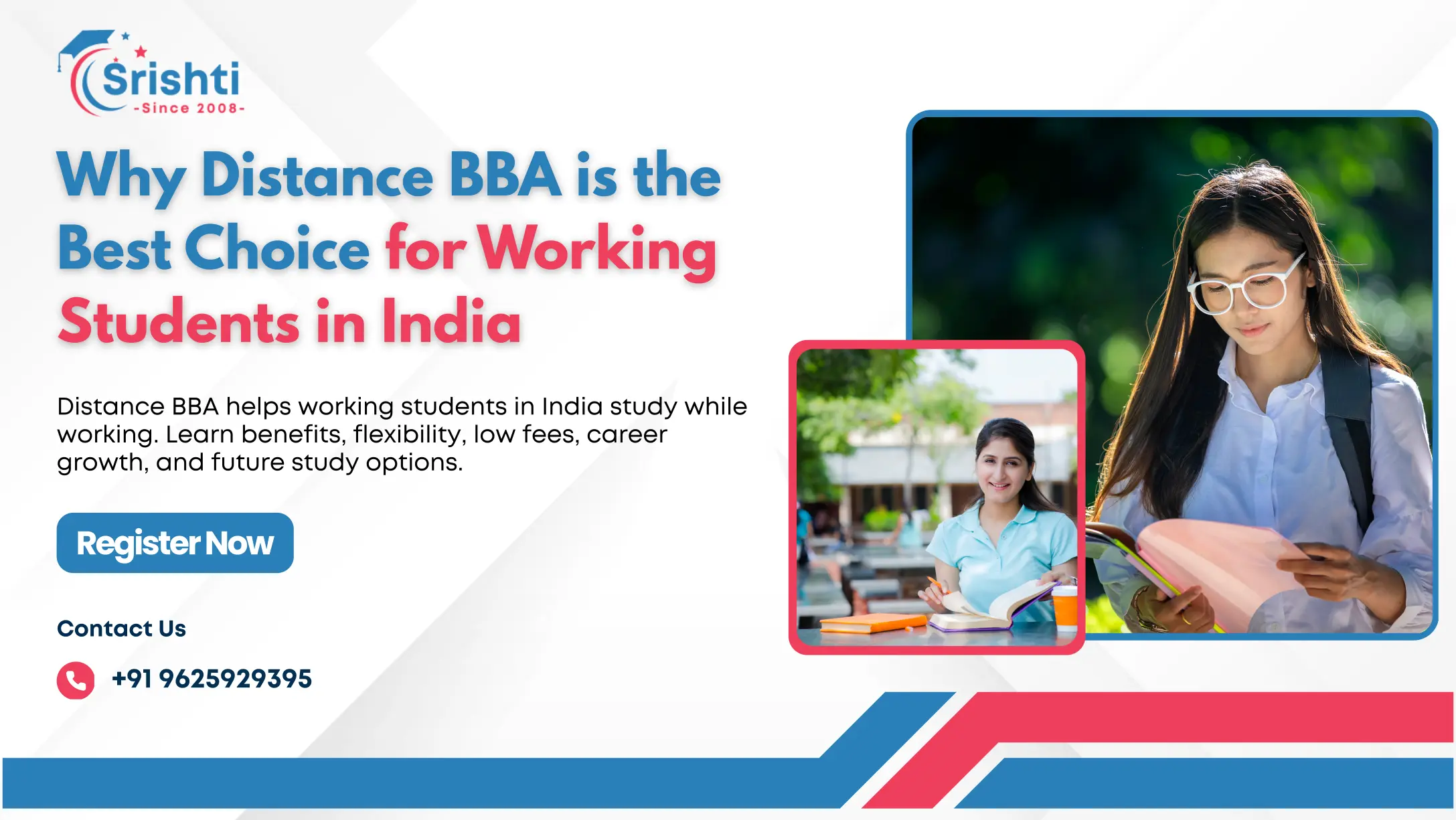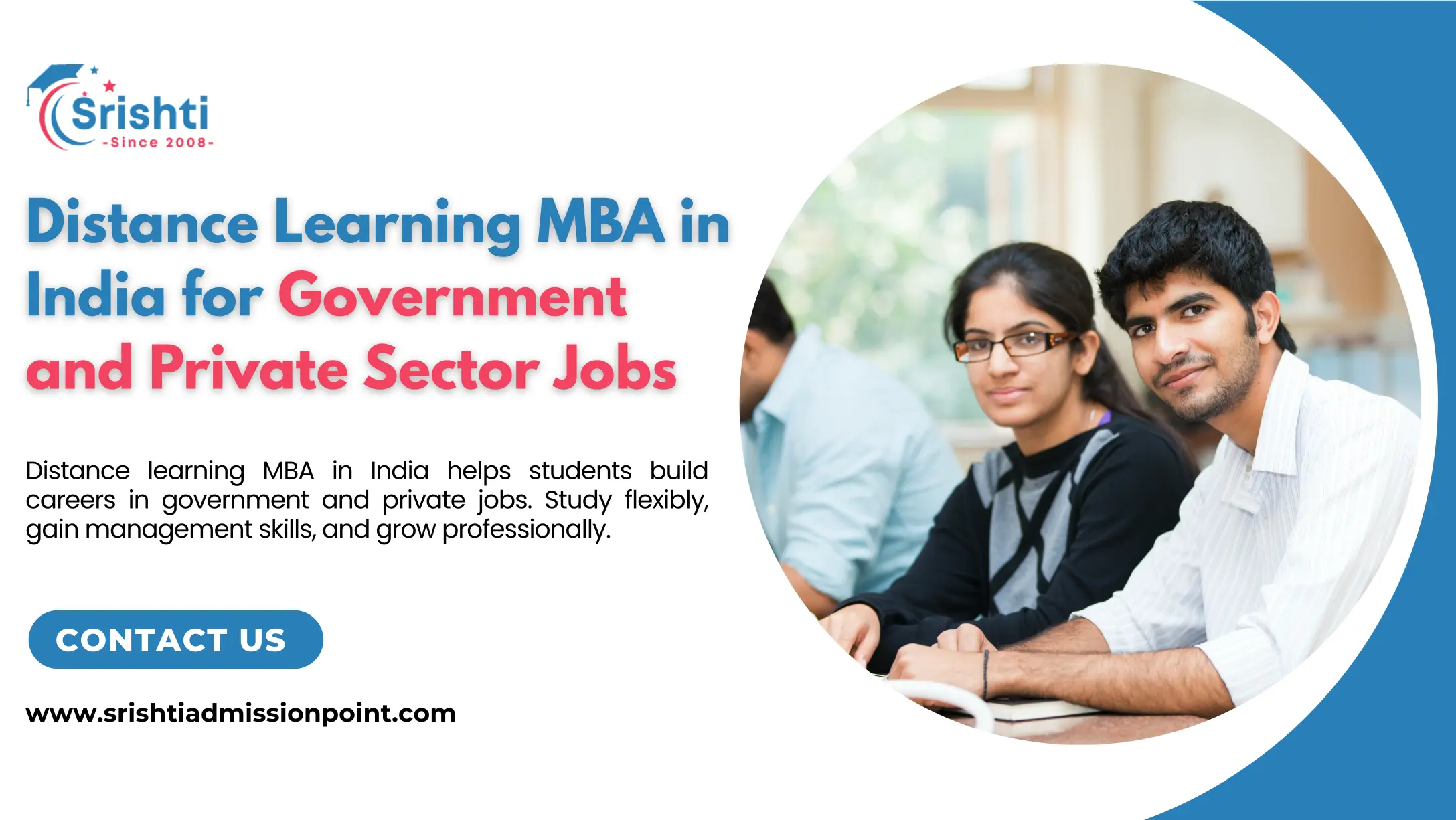
If you're planning to become a teacher in 2025, now is the perfect time to start exploring your options. With many universities offering flexible application processes — some even letting you apply without entrance exams — your journey can start sooner than you think. You can read the full details here: B.Ed Admission 2025.
One of the key decisions you'll face is choosing between a Simple B.Ed. and a B.Ed. in Special Education. While both prepare you for a career in teaching, their focus, training, and career scope differ significantly. In this guide, we'll explore their differences, eligibility, job opportunities, and help you decide which is right for you.
What is a Simple B.Ed.?
A Bachelor of Education (B.Ed) is a professional undergraduate degree designed to prepare you for teaching in schools. It focuses on general pedagogy, subject-specific teaching methods, classroom management, and educational psychology.
A simple B.Ed qualifies you to teach students in primary, secondary, and senior secondary classes, depending on your subject specialization and academic background. The emphasis is on creating lesson plans, managing classrooms, and delivering effective education for a general student population.
What is B.Ed. in Special Education?
A B.Ed. in Special Education is also a professional teaching degree, but with specialized training to teach students with disabilities and learning challenges. It includes core B. Ed subjects plus additional modules on:
- Special education laws and policies
- Identifying different disabilities
- Designing Individualized Education Programs (IEPs)
- Inclusive classroom strategies
- Assistive technologies and tools
The goal is to prepare teachers who can address the unique needs of learners with physical, cognitive, emotional, or developmental challenges.
Key Differences Between Simple B.Ed. and B.Ed. Special Education
- Focus Area
- Simple B.Ed.: Prepares teachers for general classrooms with a focus on mainstream education.
- B.Ed Special Education: Prepares teachers to work with students having disabilities or special learning needs.
- Curriculum
- Simple B.Ed: Covers pedagogy, subject-specific teaching methods, classroom management, and educational psychology.
- B.Ed Special Education: Includes all Simple B.Ed subjects plus disability studies, inclusive education policies, assistive technology, and IEP (Individualized Education Program) development.
- Career Scope
- Simple B.Ed: Opportunities in private and government schools, coaching institutes, education NGOs, and administrative roles.
- B.Ed Special Education: Roles in special schools, inclusive classrooms, rehabilitation centers, NGOs, and early intervention programs.
- Job Roles
- Simple B.Ed: Teacher, tutor, educational consultant, school administrator.
- B.Ed Special Education: Special educator, learning support teacher, inclusive education coordinator.
- Eligibility
- Simple B.Ed: Graduation in any discipline (subject-specific requirements may apply for certain teaching posts).
- B.Ed Special Education: Graduation in any discipline, preferably with an interest in disability and inclusive education.
- Demand
- Simple B.Ed: High demand across all schools.
B.Ed Special Education: High and growing demand in inclusive education setups and special institutions.
Who Should Choose a Simple B.Ed?
A simple B.Ed. is ideal if:
- You want to teach mainstream classes in private or government schools.
- Your interest lies in subject-specific teaching (Maths, Science, English, Social Science, etc.).
- You aim to prepare for TET/CTET or other teaching entrance exams for general education posts.
- You plan to work in coaching institutes or educational consultancies alongside teaching in schools.
If you prefer flexibility in teaching across different boards (CBSE, ICSE, IB, State boards), this route might suit you better.
Who Should Choose B.Ed. in Special Education?
A B.Ed. in Special Education is ideal if:
- You're passionate about helping differently-abled students overcome learning barriers.
- You want to work in inclusive or special schools.
- You aim to become a special educator under RCI (Rehabilitation Council of India) guidelines.
- You are interested in further studies in special needs education, psychology, or therapy.
Special educators are in demand not only in schools but also in rehabilitation centers, early intervention programs, and NGOs focusing on disability rights.
Career Opportunities
After Simple B.Ed:
- Teacher in private or government schools
- Educational content developer
- Coaching center faculty
- School administrator
- Corporate trainer (with experience)
Many candidates also pursue Distance B.Ed programs (Distance B.Ed) if they are working professionals or cannot attend regular classes.
After B.Ed in Special Education:
- Special educator in schools and rehabilitation centers
- Inclusive education coordinator
- Learning support teacher
- Disability rights advocate
- Educational therapist (with additional qualifications)
With the growing push for inclusive education policies in India, opportunities for special educators are steadily increasing.
Salary Prospects
While salaries depend on experience, location, and type of institution:
- Simple B.Ed graduates can expect starting salaries between ₹25,000 and ₹40,000/month in private schools; government jobs offer higher pay according to the pay scale.
- Special education graduates often start in a similar range but can earn more in specialized institutions or international schools due to the specialized skills required.
Admission Process and Eligibility
Both degrees generally require:
- Graduation in any discipline from a recognized university.
- Minimum 50% marks (varies by institution and category).
- Some universities conduct entrance exams, while others offer merit-based admission.
For those seeking flexible learning, (Distance B.Ed vs Regular B.Ed) comparisons can help in deciding which mode of study fits your schedule and career goals.
Duration and Curriculum
- Simple B.Ed: Usually 2 years, divided into 4 semesters.
- B.Ed Special Education: Also 2 years, but with additional practical training in special schools.
Core Subjects in Simple B.Ed:
- Educational psychology
- Pedagogy of specific subjects
- Assessment and evaluation
- Classroom management
- Educational technology
Additional Core Subjects in B.Ed Special Education:
- Inclusive education strategies
- Disability studies
- Communication methods for special needs
- Assistive learning technologies
- Counseling and behavioral strategies
The Demand for Special Educators in India
With the Right to Education (RTE) Act emphasizing inclusion, schools are increasingly required to admit and support children with disabilities. This shift has created a shortage of trained special educators.
If you want to work in a field where your skills will be highly valued and your work will make a profound difference, a B.Ed. in Special Education is a strong choice.
Which Course Should You Choose?
Choose Simple B.Ed if:
- You want to teach in general classrooms.
- You're aiming for broad teaching opportunities across subjects.
- You prefer traditional school environments.
Choose B.Ed Special Education if:
- You want to specialize in teaching students with disabilities.
- You're passionate about inclusive education.
- You see yourself working in both schools and specialized institutions.
Final Thoughts
Both Simple B.Ed. and B.Ed. in Special Education are respected teaching degrees that can lead to fulfilling, long-term careers. The choice largely depends on your passion, career goals, and the type of classroom environment where you see yourself thriving. If you enjoy subject-based teaching for general classrooms, a Simple B.Ed. is ideal. If you are drawn toward working closely with students who need specialized support, the B.Ed. Special Education offers a deeply impactful path. Whichever you choose, ensure the program is recognized, aligns with your professional aspirations, and provides the practical training needed to excel as an educator.
Recent Post








